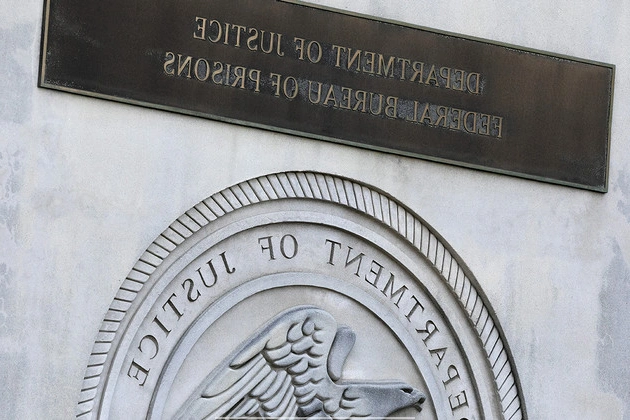
A federal judge has issued a ruling mandating the Trump administration to uphold gender-affirming care for transgender inmates in federal prisons. This decision follows a series of legal battles challenging an executive order by President Trump that sought to restrict medical procedures for transgender individuals.
Legal Background
The ruling from U.S. District Court Judge Royce Lamberth emphasizes the importance of providing medical care based on sound reasoning rather than arbitrary decisions. The judge’s previous orders focused on individual cases, but this latest ruling extends protection to a larger group of transgender inmates.
Implications of Trump’s Executive Order
President Trump’s executive order targeted what he termed as ‘gender ideology’ and instructed the Bureau of Prisons to halt any medical procedures aimed at aligning an inmate’s appearance with the opposite sex. However, the interpretation of this order led to discrepancies in the treatment of transgender inmates, with some continuing to receive gender-affirming care while others were denied.
Judge’s Decision
Judge Lamberth criticized the administration’s handling of Trump’s order, highlighting a lack of factual analysis and a questionable distinction in the application of the directive. The ruling requires the Bureau of Prisons to reinstate hormone therapy and other gender-affirming treatments for transgender inmates.
The judge’s decision underscores the necessity of a thoughtful approach to healthcare policies within federal institutions, particularly when addressing mental health interventions.
Broader Implications
Besides mandating the resumption of gender-affirming care, the ruling addresses broader issues related to the treatment of transgender individuals in federal facilities. It underscores the importance of respecting inmates’ rights and ensuring their safety and well-being.
Conclusion
In conclusion, Judge Lamberth’s ruling serves as a significant victory for transgender inmates and advocates for gender-affirming care. It highlights the role of judicial oversight in upholding constitutional rights and ensuring fair treatment for all individuals within the criminal justice system.











